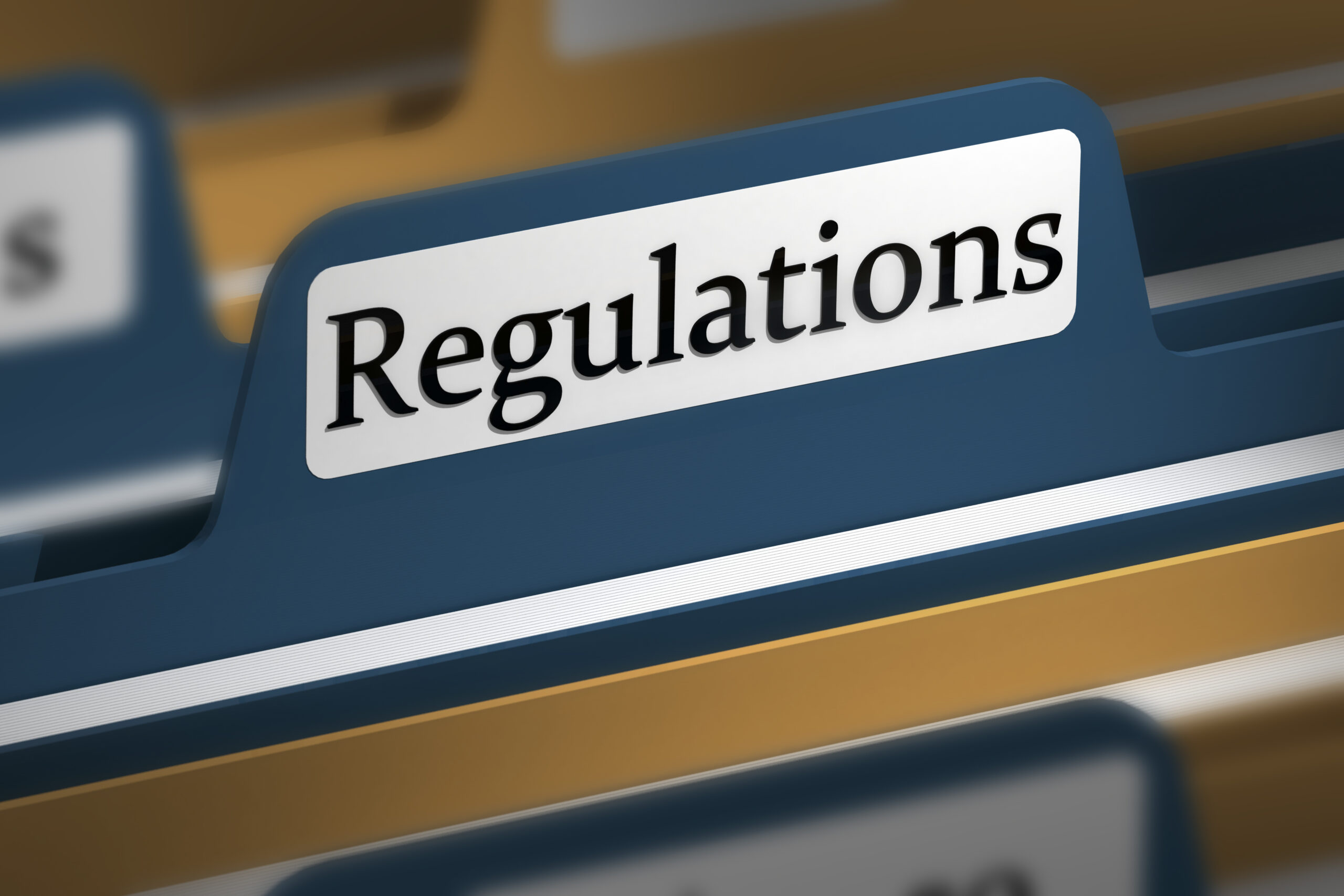Security Installation: Key Local Regulations to Follow

Installing security systems comes with a web of rules to follow. All 50 states and thousands of cities have their own specific regulations around permits, licenses, and safety standards for surveillance cameras. 15 states have extensive laws about privacy expectations when cameras are involved. California, for example, has some of the most stringent camera privacy laws [1].
Not knowing these rules can lead to headaches – fines of up to hundred dollars in some areas or even lawsuits. If you’re looking to put cameras on your property, read on. This article will help navigate the complex local regulations so your system is fully compliant. With the right knowledge, you can install cameras and feel completely safe and secure.
Key Takeaway
- Many places require permits for installing security systems.
- Failing to follow local laws can lead to fines and no emergency response.
- Always check with local authorities to know the rules in your area.
Alarm Permits
1. Need for Permits
Putting in an alarm system? In many places, you need a permit first. This is extra true if the system has smoke detectors. Some towns make you get extra permits so the fire department knows how to answer alarm calls. Permits help keep systems safe and working right.
Without the paperwork, the alarm might not work in an emergency. That could cause big problems! Before installing your alarm, learn the rules where you live. That way you avoid hassle and make sure help comes fast if there’s trouble. Permits might seem like a pain, but they keep your home and family protected.
2. Types of Permits
There’s a few permits you might need first. Knowing these can help avoid slowdowns getting it all set up. Here’s what to check on:
Police Permit: Gets the alarm on file with the local cops. That way they know it’s there if help’s needed.
Fire Permit: If the alarm has smoke or fire sensors, you’ll need this one. It lets the fire department know to come if there’s an alarm.
Electrical Permit: If wiring’s required, this permit’s a must. It makes sure everything’s installed safely.
Rules vary place to place. So it’s key to check what your town requires. Permits might be a pain, but they help keep your family and home protected.
3. Renewal and Fees
When you get permits, some places make you pay yearly while others just charge once. Like in Los Angeles, you pay $43 to start but must pay $11.87 every year after. Costs vary a ton by city. Some charge less, some way more. Check what your town needs. Knowing the fees helps plan costs for the whole alarm system.
Also, track when you gotta renew. Don’t want the permit to lapse! Renewals can be a pain, but they keep everything working right. Keeping your home safe is worth a little paperwork.
4. Consequences of Non-Compliance
What happens if you skip the permits? Big trouble! Some places slap you with fines for running an alarm without permits. You might even get in legal hot water if you break the rules.
In some towns, they have a “no permit, no response” rule. That means if your alarm goes off, cops or fire trucks won’t come unless it’s registered. Super frustrating if there’s an emergency!
Anybody putting in a security system needs the right permits. It avoids headaches later on. Permits bring peace of mind that help will come fast if there’s trouble. Don’t take shortcuts – follow the rules and keep your family safe. The paperwork is worth it!
Licensing and Certification for Installers
1. Business Registration

For folks installing security systems, signing up their business is a big must. They need a license to legally work in each state or town. This keeps everything on the up and up. It also helps make sure safety rules are followed.
Homeowners should check that their installer has the right licenses. That means they know the local rules and can get it all set up right. Using a licensed pro reduces risks. It also makes a smooth installation more likely.
The license might be a hassle for installers to get. But it keeps homeowners safe and gives peace of mind. Knowing your security person did things by the book matters.
2. Certification Requirements
In lots of states, security folks need to pass tests and earn certifications. These show they know the safety rules and can put systems in right.
Homeowners should ask installers about their certifications. This info gives peace of mind that everything will go smoothly. Certified pros likely stay up on laws and best ways to do things. That helps avoid issues later on.
Earning certifications takes work for installers. But it shows they really know their stuff. And that matters when protecting your home. Knowing the person working on your security is trained and certified gives confidence. It’s worth checking on!
3. Insurance Needs
Insurance is key for security installers too. They need liability and worker’s comp. This keeps both installer and homeowner covered.
Say an accident happens during the setup – the insurance can handle damages or injuries. Homeowners should always ask if the installer is insured first.
Knowing they’ve got coverage gives peace of mind. You can feel secure as they work. Insurance paperwork can be a chore. But it protects everyone if the worst happens. Don’t cut corners here! Ask for proof they’ve got insurance. It’s too important not to.
Standards and Compliance
1. UL Standards
Following Underwriters Laboratories (UL) rules is key for security setups. These make sure systems are safe and work right.
Like UL 2610 – it’s for business alarm systems. Sets guidelines for putting them in and maintenance [2].
Other standards like UL 294 are for access control stuff. Sticking to these rules helps systems work and protect.
Homeowners should check installers follow UL standards. That means you get a reliable system.
The standards might seem like a hassle. But they keep families protected. Don’t take shortcuts – make sure your installer sticks to UL rules. It’s worth it for safety and peace of mind!
2. Installation Practices
Doing things right when installing security is super important. Installers gotta follow local codes and standards so it all works right.
If stuff’s not put in correctly, it might fail when you need it most. That’s no good! Homeowners should get a licensed pro who knows the rules.
This prevents problems and keeps your place safe. A good install means fewer false alarms too. Those just annoy everyone!
Taking shortcuts might save money but risks safety. Do it right the first time and get peace of mind. Your family is worth hiring a pro who follows codes.
FAQ
What permits are required to install security cameras and alarm systems?
Most local governments require permits before you can install security cameras or fire alarm systems. The permitting process varies by city or county, but typically involves submitting a permit application and paying permit fees. Contact your local government to understand specific requirements.
How do state and local laws affect security camera installation?
Security camera laws differ across the United States. While Florida statutes might differ from regulations in Oklahoma City, most local ordinances focus on safety and security, building codes, and the electrical code. Properly installed systems must comply with both state laws and local laws.
What’s the deal with alarm permits and monitoring?
Alarm monitoring through a central station usually needs alarm permits from local police and fire departments. The permit process helps law enforcement and emergency services respond effectively. Many local governments run an alarm program to manage this system.
Do I need to hire a licensed alarm company?
Most jurisdictions require security companies to have alarm licenses. Best practices recommend working with licensed alarm companies who understand building codes and local ordinances. These security solutions providers ensure systems are properly installed.
How do local authorities handle false alarms?
Police and fire departments track the number of false alarms since they strain emergency services. Many city or county enforcement agencies charge additional fees for repeated false alarms. Business security especially needs to minimize these incidents.
What are the current requirements for fire alarm systems?
The current edition of the national fire code sets baseline requirements. Fire departments and local governments may add stricter rules. Fire alarm system installation must follow both the electrical code and building codes.
How does video surveillance fit into security installation regulations?
Video surveillance and security camera installation must follow specific guidelines. While security cameras can enhance business security, local ordinances often regulate their placement. State and county laws may restrict where cameras can be placed to protect privacy.
What should I know about alarm monitoring stations?
Monitoring stations must meet strict standards set by state laws. Your security company should work with approved central station facilities. The permit application usually requires information about which monitoring service you’ll use.
Note: Security experts Gabe Turner and Aliza Vigderman have written extensively on these topics if you want to learn more about United States security regulations.
Closing Remarks
When putting in a security system, knowing the local rules is key. Check on permits, licensing, and other regulations. This keeps everything working right and legal. Safety counts too – follow standards and use certified pros. Staying informed prevents problems later. Check with your town before starting. Follow the guidelines. It protects your home and gives peace of mind. Your family’s safety is worth doing it by the book.
References
- https://www.security.org/security-cameras/legality/
- https://en.wikipedia.org/wiki/Special:MyLanguage/UL_2610